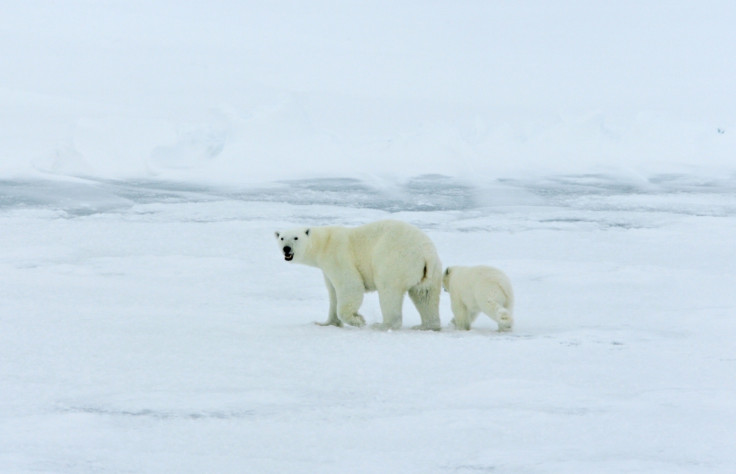Nearly all climate-change denial blogs quote exactly the same dubious research
Internet becomes haven for websites which deny man-made global warming.

The extent to which climate change deniers will use dubious evidence to support their claims online has been revealed in a new study, published in the journal BioScience.
While the scientific consensus that humans are contributing to the warming of the planet is clear, this view is not shared by everyone.
"Increasing surface temperatures, Arctic sea-ice loss, and other evidence of anthropogenic global warming are acknowledged by every major scientific organisation in the world," say the authors.
But the internet has become a haven for a labyrinthine network of corporations, thinktanks, social media users, blogs and websites which downplay or deny the existence of man-made global warming and foment misunderstandings about its causes and consequences.
The new research compared 45 "science-based" blogs with 45 "climate-denying" blogs. It found that the latter group frequently removed context from arguments and misinterpreted scientific studies, despite claiming to base their claims on scientific evidence.
"We found a major gap between the facts from scientific literature and the science-based blogs on the one hand, and the opinions aired in climate change-denying blogs on the other," said Jeff Harvey, first author of the study.
"It's a very dangerous gap, as these blogs are read by millions."
Polar bears, in particular, have become a target for many deniers on such blogs because they are icons of the negative effects of global warming. As temperatures rise, the bears' habitats are literally melting away.
The report shows that 80% of the 45 climate-denying websites studied quoted zoologist Susan Crockford to support their arguments that the threat to the animal from global warming has been over-hyped or fabricated. Crockford, of the University of Victoria, runs a blog called Polar Bear Science.
The report authors said: "Crockford has neither conducted any original research nor published any articles in the peer-reviewed literature on polar bears."
'Failed prophesies'
However, she has published notes and "briefings" through a conservative thinktank – the Global Warming Policy Foundation (GWPF) – which describe her as an "expert on polar bear evolution". Another thinktank that downplays man-made global warming – the Heartland Institute – say she is "one of the world's foremost experts on polar bears".
In her articles, Crockford claims that, contrary to available scientific evidence, polar bears will easily adapt to any changes that Arctic ecosystems may experience in the coming decades.
A recent blog post in response to the publishing of the BioScience article said: "The polar bear experts who predicted tens of thousands of polar bears would be dead by now (given the ice conditions since 2007) have found my well-documented criticisms of their failed prophesies have caused them to lose face and credibility with the public."
She also recently called the findings of a peer-reviewed paper published by the United States Geological Survey "bogus", "lame" and "dangerous". Rhetorical devices such as these, which imply that the public is under threat from deceitful scientists, is a common tactic deployed by deniers, the authors of the BioScience study say.
They conclude their report by saying that to counter misinformation, scientists need to directly engage with the public in the media and blogosphere.





















